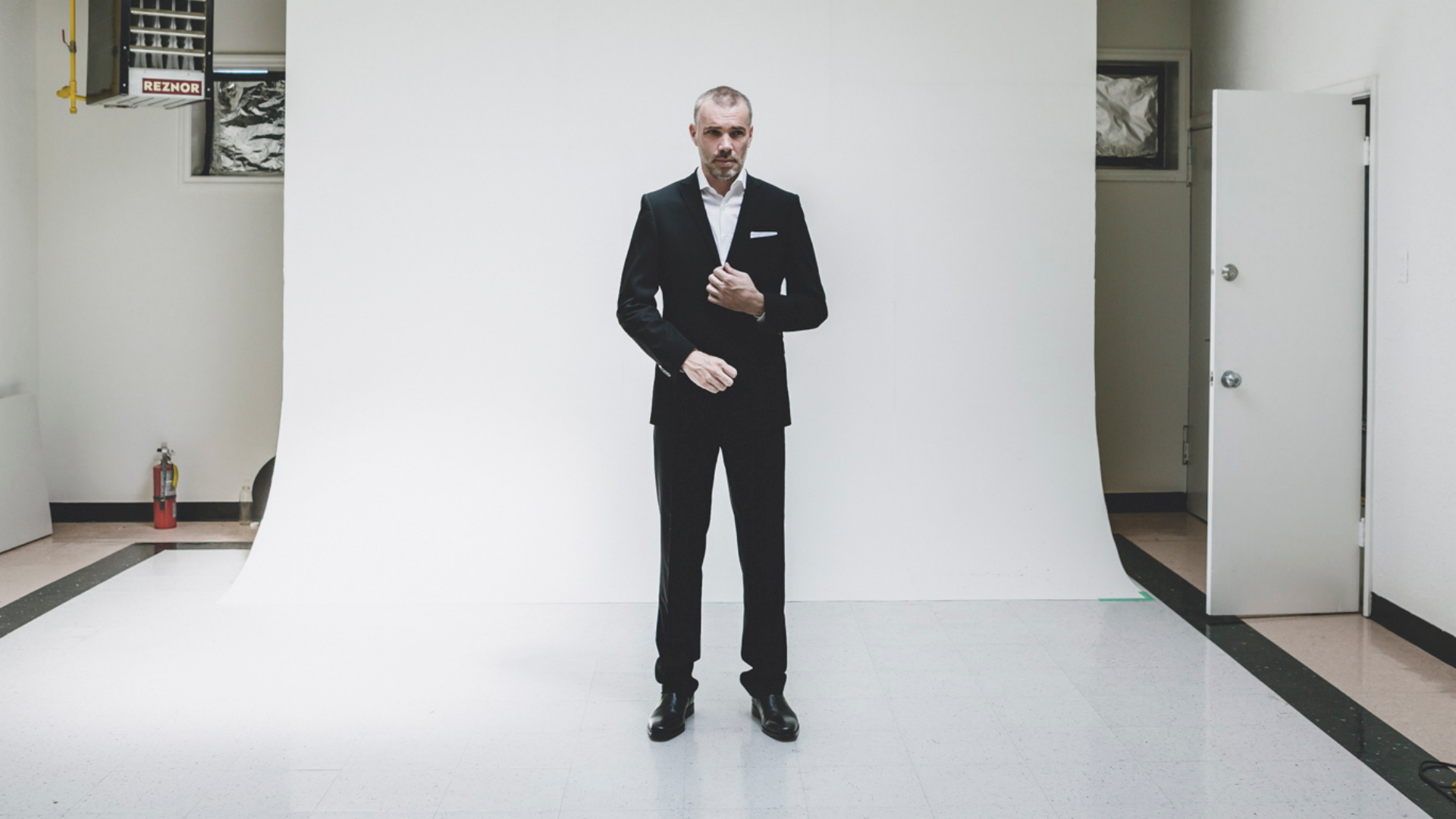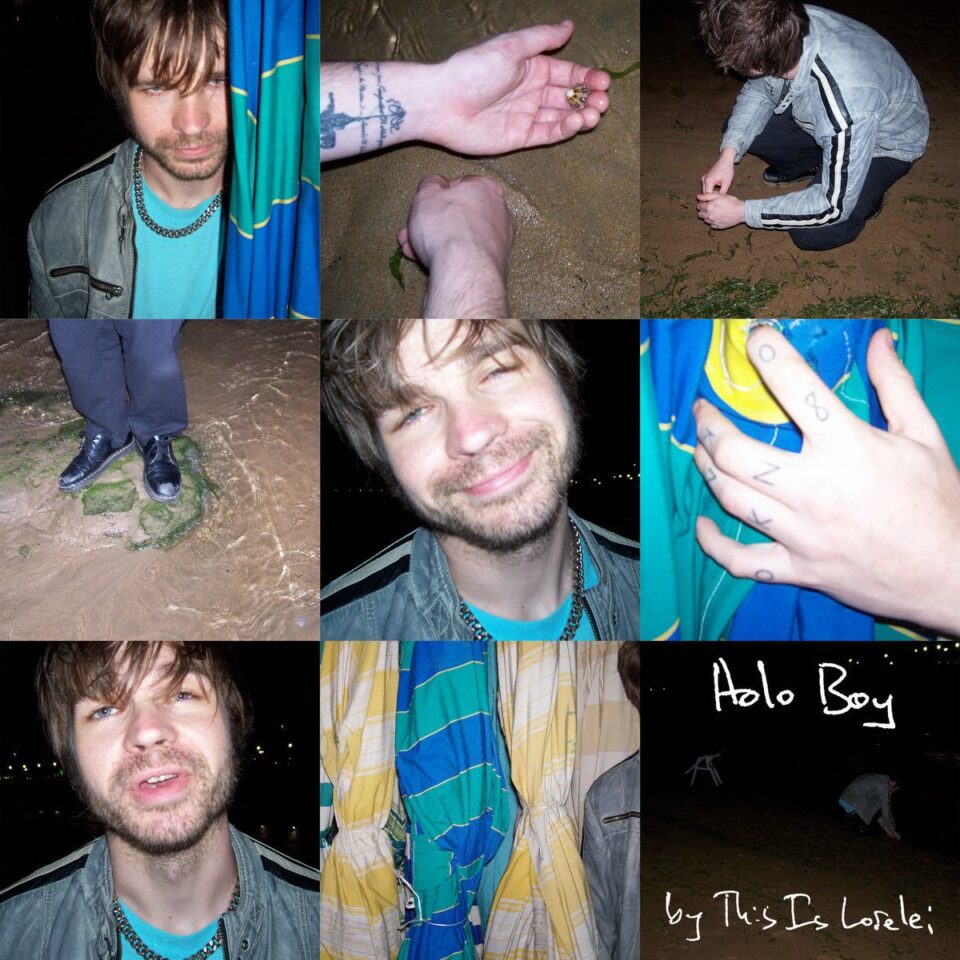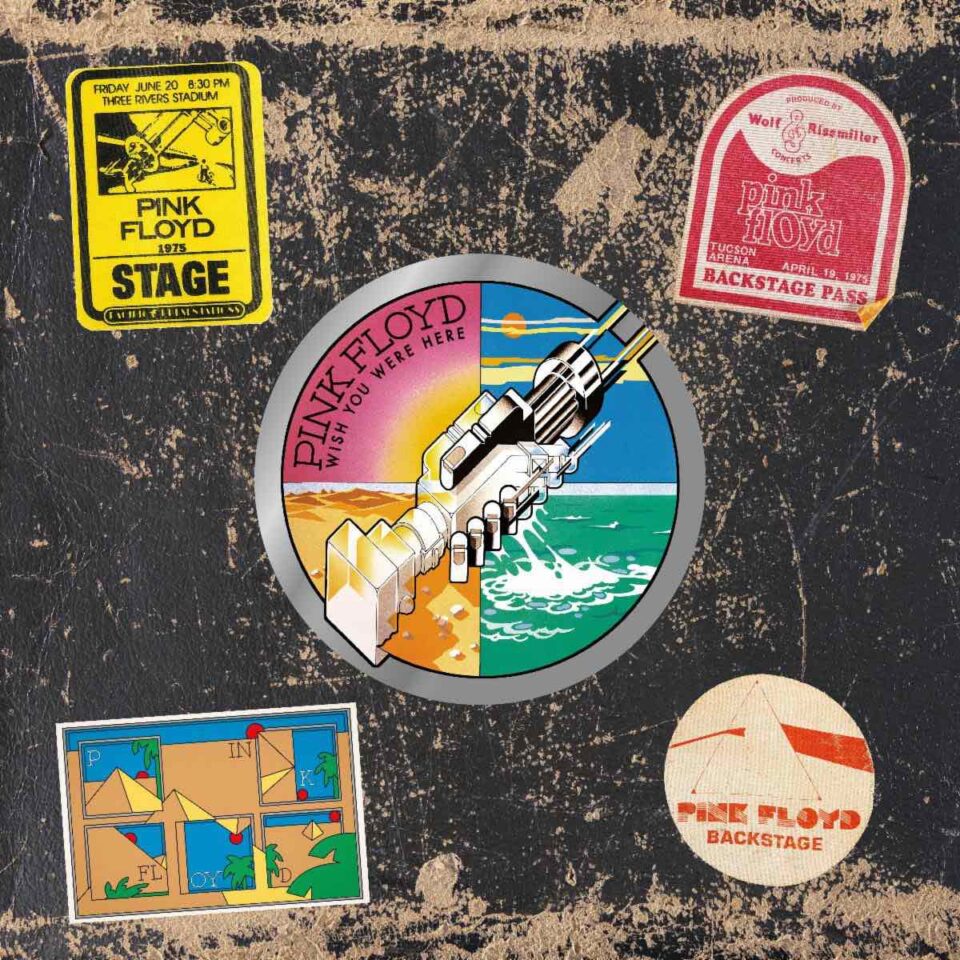Canadian hip-hop mastermind Richard Terfry has been writing, mixing, and creating music for over twenty years. A clear advocate for aural mixed media, Terfry’s discography is saturated with alt- and folk-rock, country, electronic, and even blues. Alongside his affinity for melding contrasting sounds, Terfry is a collector of stage names. DJ Critical, Stinkin’ Rich, Dirk Thornton, and Haslam are a few among the artist’s many monikers that tend to reflect the characters that surface from his raps. Out of his lot of alternate personalities, the most recognizable and noteworthy is Buck 65, a project which began in 1994 and had nearly a dozen releases since.
Buck 65’s latest offering Neverlove (out September 30 via Warner Music), exposes Terfry at his most vulnerable as he copes with the devastation of divorce. The album sees Buck relying heavily on collaborations with outside sources, including Justin Peroff (Broken Social Scene), Anticon pals Alias and DJ Mayonnaise, close friends from around the world, and even a handful of former lovers, all of whom Terfry admits helped him face and cope with the pains of his broken relationship.
FLOOD caught up with an upbeat Terfry on a sunny Toronto day, shortly after he’d returned to his home following a recent visit from professional cleaners. (“I’m pretty into it,” he confesses.) Lounging comfortably inside his newly immaculate abode, the rapper discusses the keys to his therapeutic writing process, letting out the devil inside, and inviting in the friends who helped Neverlove come to fruition.

Your new record is very emotional. Can you explain the background for Neverlove?
Well, gosh, let me tell you: Last night, I sat down with a friend who wanted to hear the record, so I listened to it with her, top to bottom for the first time in a long time, and it really reminded me that it’s kind of a heavy one. I wrote these songs in the throes of a divorce. I mean, even really before the process of the divorce got started, just right around the time that my marriage was falling apart. My ex-wife took off and it was pretty horrible. It’s paralyzing when you go through something like that, but I felt like I had to do something. I felt that I had a responsibility to do something with what I was going through. It was almost like torturing myself to do it. But I will say that, especially with some of the heaviest songs on the record, it really helped. In some cases, I would wake up the next morning after finishing off a song actually feeling better and like I was making progress. There was a rewarding feeling that went along with that; a feeling that I’d really tapped into something strong. Something that was real heavy-duty. I knew that even if it was brutal, even if it was having a strong effect—and it seemed to be having one on me and the people around me—that, if nothing else, then hopefully it was an effective art.
“It’s paralyzing when you go through something like that, but I felt like I had to do something. I felt that I had a responsibility to do something with what I was going through.”
How therapeutic did you find the process of writing and recording to be?
One friend was experimenting at the time with something called primal scream therapy. It’s something that John Lennon did before he made the Plastic Ono Band record. My friend was saying, “You should try it! It feels really good to just scream as loud as you can. It’s almost like an exorcism.” And I didn’t know if I was physically capable of doing that. I didn’t know if my body would let me. But I took it on as a challenge and for the first song on the record “Gates of Hell,” I did it. I did a couple of tracks of just screaming as loud as I can with the devil pretty much jumping right out of my throat. Funny enough, I found that she was right and it felt good to do that, just to force it out of you in such a physical way.
You collaborated with a handful of friends and artists for this record. Is that something that was really important for you to do?
Generally speaking, I wouldn’t say so. When I started making music when I was a kid, I did it pretty much in secret. It was very much a solitary thing and something I did in isolation. My mind still works that way, almost like it’s a private thing that I’m working on. Although, I have collaborated with other people in the past, and that’s resulted in stuff that I’m really excited about. In this case, in the same way that I was leaning on friends to help me through the tough times and going through the divorce, I feel like I needed and wanted to lean on people to help me make the record more than ever. I felt like if I’d done it all on my own and isolated myself, I would have completely driven myself crazy. It kept me sane to have people around. It was really about surrounding myself with people I was comfortable with. It’s interesting when you go through something hard in your life how—I’ve heard other people say things like this before—it’s in times like that when you find out who your real friends are. It’s really surprising to see who steps up enough to be there for you.
What was your process for paring down the tracks that made it onto the final product of your album?
I’ve always found that to be one of the hardest things about putting a record together. Part of me felt that just making it was so difficult that once the songs were recorded, I almost felt like I couldn’t take on a whole lot more, so I invited in a lot of help. There weren’t songs that were fillers, which would have been easy to knock off. They were all personal and so much went into them. Even to cut one felt really hard to do. In the end, it essentially got put to a vote. That was pretty tough for me because it meant that the songs that I really love had to get left on the floor. Although, I know that one way or another, eventually [those songs] will see the light of day. I had to leave it to people I trust to pick the songs that would make the strongest record.
Which song off Neverlove did you feel deserved a slot on the album the most?
There was one called “She Fades” that I fought for in the end. If I had one vote, I wanted to pick that song. It was extremely challenging to make and I think it’s challenging to listen to, which is why it didn’t get a lot of votes. It’s maybe my favorite or my second favorite off the record, so even though it leaves a lot of people scratching their heads, it’s one I wanted in there. I like my records to be a good mix, as well. I think a lot of people were arguing about giving the record as uniform a sound as possible but I tend to go the other way. I want to see a lot of different faces on a record. FL







